Transphobia | What It Means and How to Deal With It
I was scrolling through my Facebook feed when I came across a post about an MTF Crossdresser who had been assaulted in a park. The comments on the post were full of transphobia, with people making horrible assumptions about what the victim must have done to deserve it. This isn’t an uncommon occurrence – transphobia is everywhere, and it can be really tough to deal with.
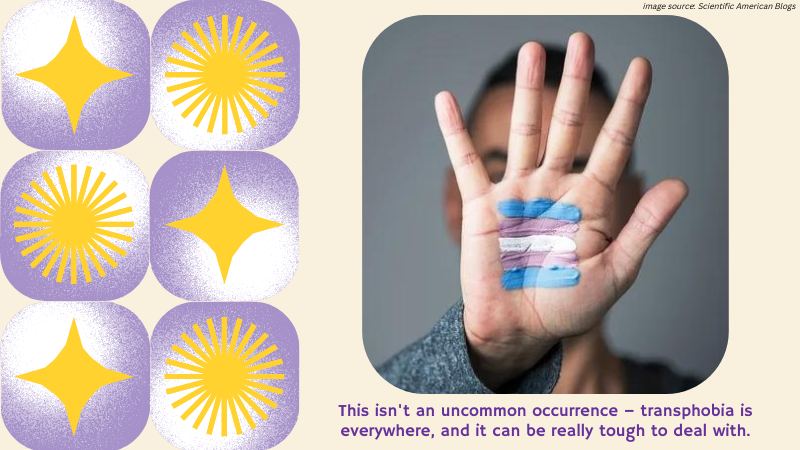
In this post, I want to discuss what transphobia is and how you can deal with it if you encounter it.
What is transphobia, and what are some examples of it
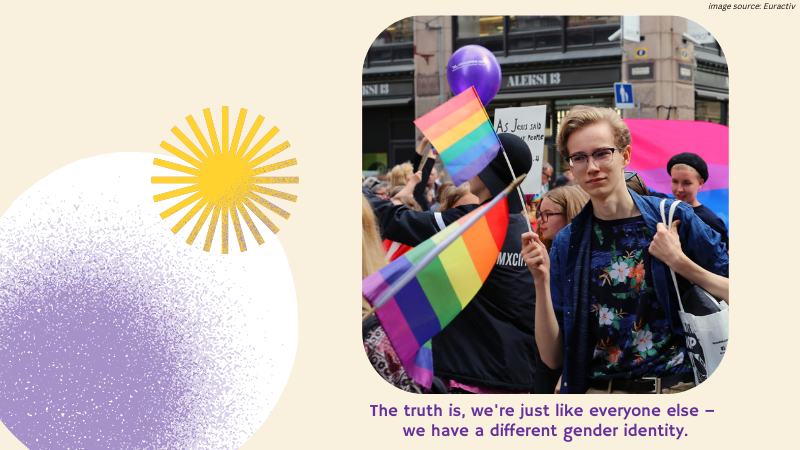
My biggest fear as an MTF crossdresser is going out in public and being laughed at or ridiculed. People called me “tranny” and “freak” before, ” and it hurts. Transphobia is any form of discrimination or hates towards MTF Crossdressers. This can be anything from hurtful words and name-calling to physical violence.
Transphobia is, unfortunately, widespread. Many people don’t comprehend what it means to be MTF Crossdresser, so they’re afraid of us. They think we’re weird, dangerous, or just choosing to be “different.” But the truth is, we’re just like everyone else – we have a different gender identity.
The most common examples of transphobia that I’ve experienced include the following;
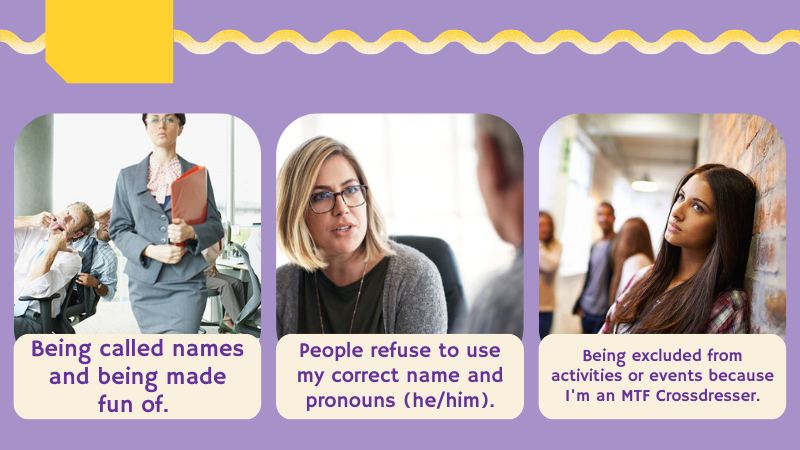
* Being called names and being made fun of. One time, I was at a party, and someone kept calling me a “tranny” even though I’d asked them to stop. It made me feel humiliated, and I ended up leaving early.
* People refuse to use my correct name and pronouns (he/him). This is hurtful because it’s like they’re refusing to acknowledge my true identity.
* Being excluded from activities or events because I’m an MTF Crossdresser. For example, I was once not allowed to go to a friend’s birthday sleepover because her parents discovered I was an MTF Crossdresser. It made me feel like I wasn’t good enough or like I didn’t belong.
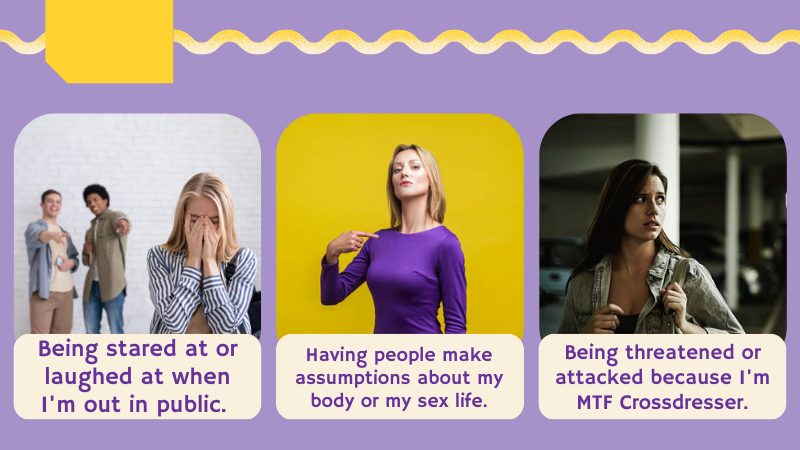
* Being stared at or laughed at when I’m out in public. This always happens to me, and it isn’t very comfortable. I want to go about my life like everyone else, without people making a big deal out of it.
* Having people make assumptions about my body or my sex life. For example, people often assume I must have had “bottom surgery” because I’m MTF Crossdresser. But the truth is, not all MTF Crossdresser individuals select to have surgery, and even those who do often don’t do it for a long time (if at all). It’s nobody’s business what my body looks like, and it’s none of their concern.
* Being threatened or attacked because I’m MTF Crossdresser. This is the most severe form of transphobia, and it’s something that unfortunately happens to a lot of MTF Crossdresser people. I’m lucky enough that nobody physically attacked me because of my gender identity, but I know many people who have. It’s not something that should ever happen to anyone.
If you’re experiencing any of these things, then you have transphobia. It’s not your culpability, and you don’t warrant it. No one ought to be handled this way just because of who they are.
How to deal with transphobia
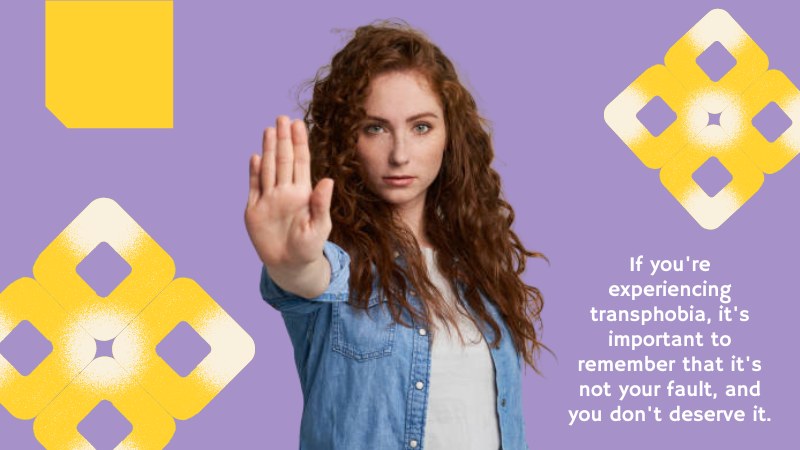
If you’re experiencing transphobia, it’s important to remember that it’s not your fault, and you don’t deserve it. You’re a valuable, worthy person, just like anyone else.
For the few times I’ve experienced transphobia, I wish I had done things differently. In retrospect, there are a few things I could have put in place to make the circumstances better. If you’re ever in a similar situation, here are some things you can do;
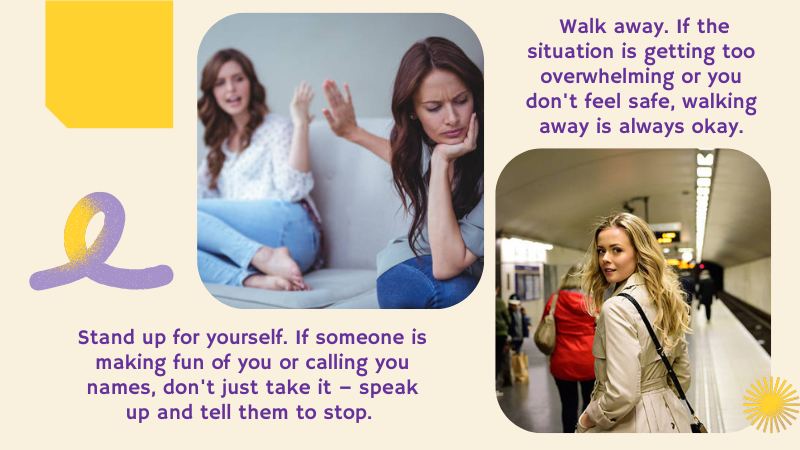
* Stand up for yourself. If someone is making fun of you or calling you names, don’t just take it – speak up and tell them to stop. It’s not easy, but it’s important to assert yourself and show them that their words are not okay.
* Walk away. If the situation is getting too overwhelming or you don’t feel safe, walking away is always okay. There’s no shame in protecting yourself; you can always return when you’re feeling better.
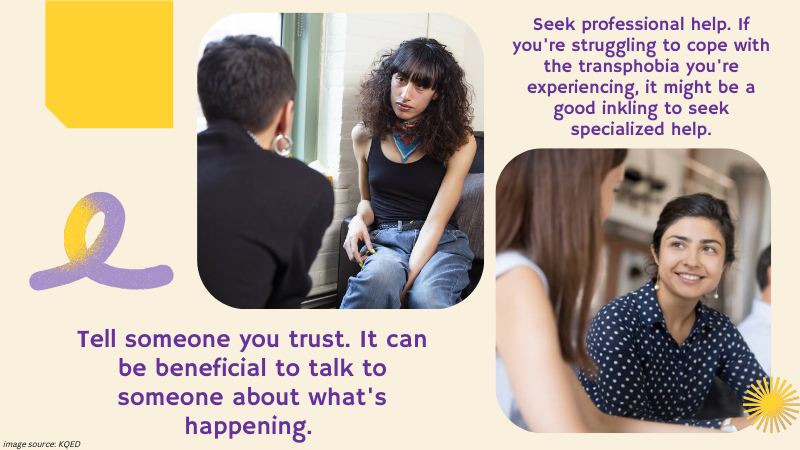
* Tell someone you trust. It can be beneficial to talk to someone about what’s happening. They can offer support and help you devise a plan to deal with the situation.
* Seek professional help. If you’re struggling to cope with the transphobia you’re experiencing, it might be a good inkling to seek specialized help. A therapist or counselor can offer support and guidance as you deal with what’s happening.
Transphobia is, unfortunately, widespread, but it’s never okay. You deserve to be respected and treated with dignity, no matter who you are. If you’re ever feeling unsafe, don’t hesitate to reach out for help. You’re not alone.
The impact of transphobia on MTF Crossdresser people’s lives
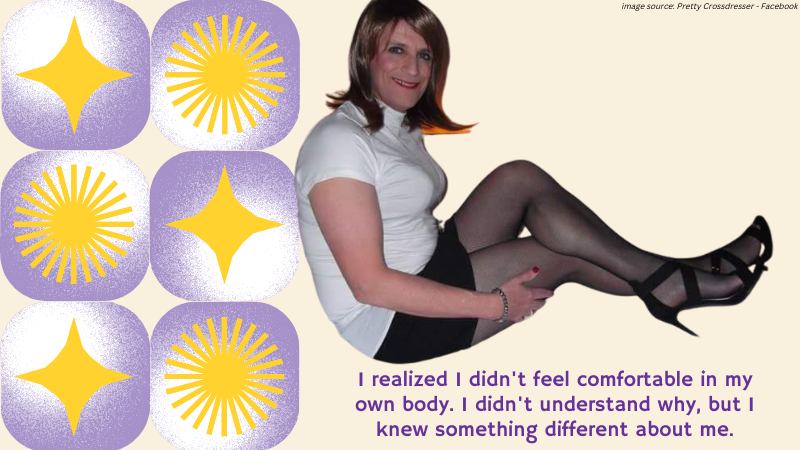
Transphobia has had an imperative on me in many ways. I first realized I was MTF Crossdresser when I was five years old. I remember watching a movie where the main character went through a life-changing event.
At the movie’s end, the character looks in the mirror and says, “I’m finally comfortable in my skin.” I had no idea what that meant then, but those words resonated with me. From then on, I realized I didn’t feel comfortable in my own body. I didn’t understand why, but I knew something different about me.
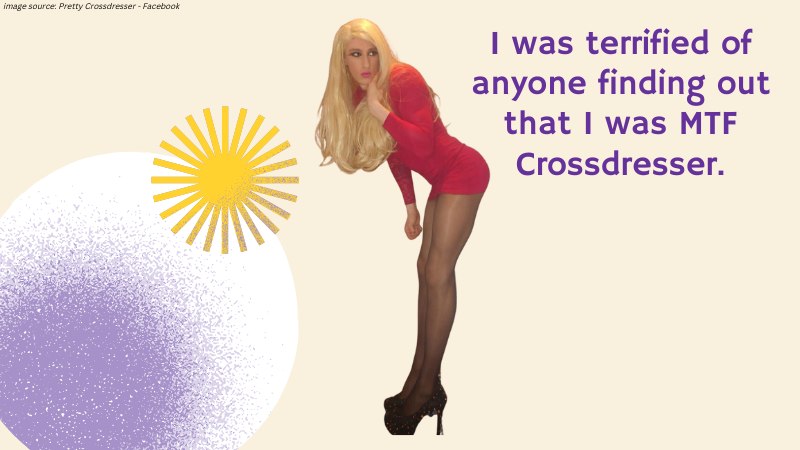
As I got older, the feeling of not being comfortable in my skin only increased. I began to hate my body and the way I looked, avoiding looking in mirrors, and I didn’t want to show my skin in public. I was terrified of anyone finding out that I was MTF Crossdresser, also didn`t want to be rejected or made fun of. So I kept it undisclosed for a long time.
The longer I kept it a secret, the more it began to affect my mental health. I developed anxiety and depression and started self-harming. That was a dark place in my life and I didn’t see a way out. I thought about suicide a lot but felt too scared to do it. I didn’t want to die; I wanted the pain to stop.
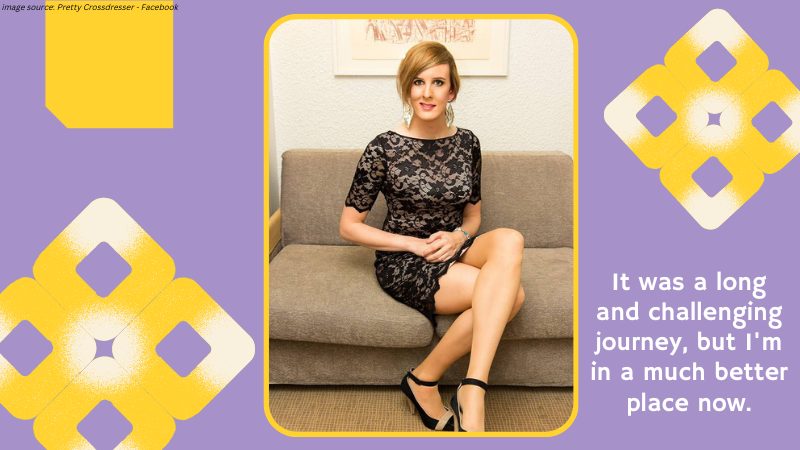
Thankfully, I never attempted suicide and eventually started getting help for my mental health. It was a long and challenging journey, but I’m in a much better place now. I still struggle with anxiety and depression, but I’m managing. I’m also slowly coming to terms with my MTF Crossdresser identity and slowly starting to accept myself.
Despite my progress, transphobia is still an exact problem in my life. I constantly worry about mistreatment or discrimination because of my identity. I’m always on guard, waiting for the next person to say or do something hurtful. It’s exhausting, and it takes a toll on my mental health.
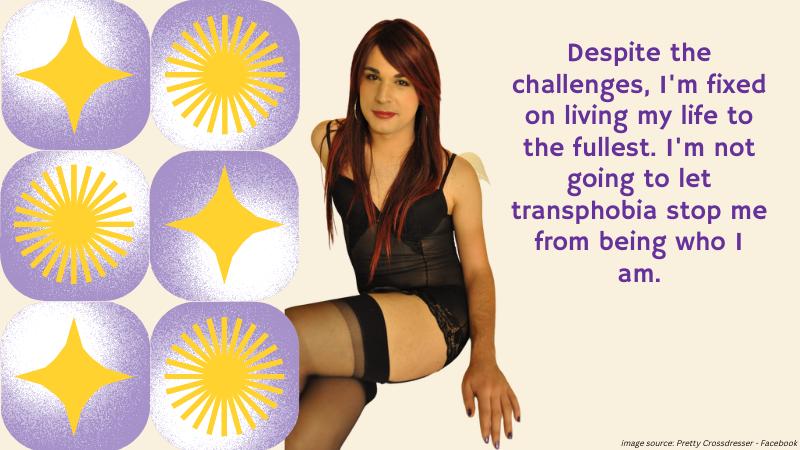
Transphobia also makes it difficult for me to find housing, employment, and healthcare. I’ve been denied housing and jobs because of my MTF Crossdresser status, and I’ve been turned away from healthcare providers because they don’t know how to deal with MTF Crossdresser patients. Transphobia is a natural barrier that MTF Crossdresser people have to face daily.
Despite the challenges, I’m fixed on living my life to the fullest. I’m not going to let transphobia stop me from being who I am. I recognize I’m not alone in this fight; some people care about me and support me.
I’m hopeful for the future and believe things will improve. We have to keep fighting for our rights and visibility. We have to keep fighting for our lives.
Ways to support MTF Crossdresser people and fight transphobia
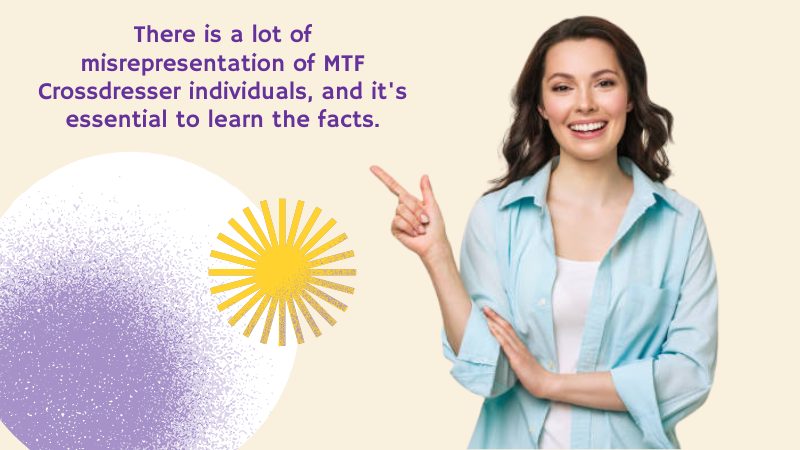
As a drag queen, many people supported me to overcome transphobia. I’ve had strangers who have stood up for me when I’ve been harassed. But there are also many ways to support MTF Crossdresser people that don’t involve getting into arguments or physical confrontations.
Educate yourself and others about MTF Crossdresser issues. This is probably the most imperative thing you can do to support MTF Crossdresser people. There is a lot of misrepresentation of MTF Crossdresser individuals, and it’s essential to learn the facts. You can’t fight transphobia if you don’t understand how it affects MTF Crossdresser people.

Educating others is just as important as educating yourself. You can’t expect everyone to know about MTF Crossdresser issues, so it’s up to you to educate them. Have discussions with your friends and family about MTF Crossdresser issues, and be open to answering their questions.
Support MTF Crossdresser-inclusive legislation and policies. Many laws and policies discriminate against MTF Crossdresser people, and fighting against them is essential. Support MTF Crossdresser-inclusive legislation and policies, and speak out against laws and policies that discriminate against MTF Crossdresser people.
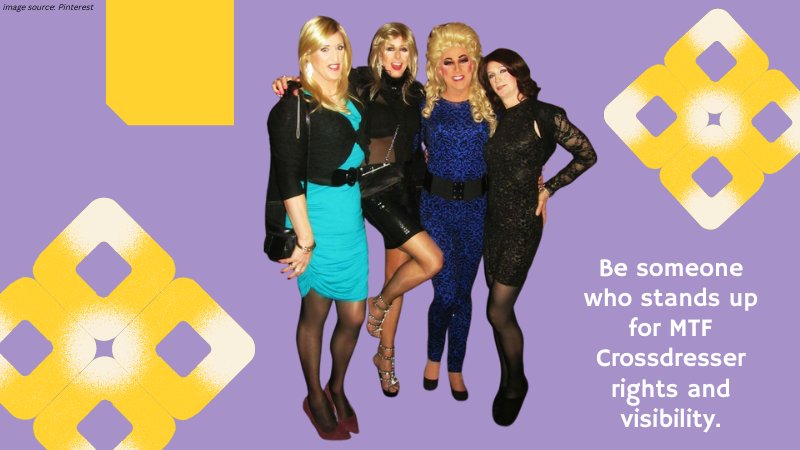
Another way is to be an ally simply. Be someone who stands up for MTF Crossdresser rights and visibility. Be an advocate for MTF Crossdresser people in your community. Speak up when you hear someone making transphobic comments or jokes. Show the world that you’re an ally and that you’re not going to tolerate transphobia.
Finally, remember that you can’t fight transphobia alone. Many organizations and groups are fighting for MTF Crossdresser rights, and you can support them in their efforts. Donate to MTF Crossdresser-focused charities and organizations, and volunteer your time to help with their work.
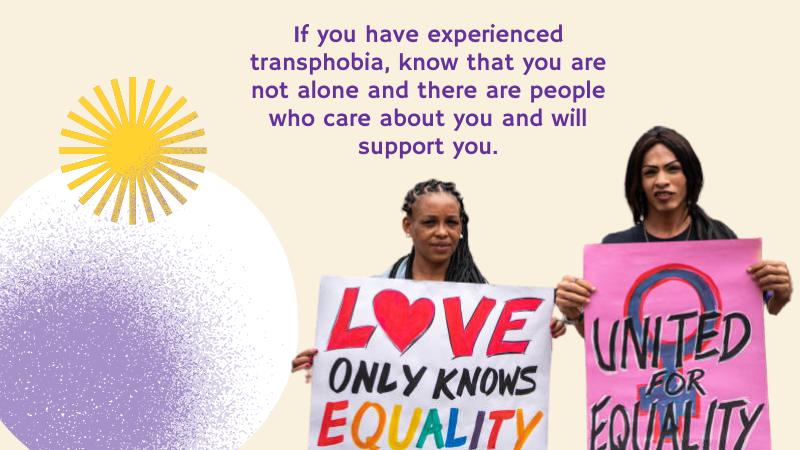
I hope this article has helped you to understand what transphobia is and how it can manifest. If you have experienced transphobia, know that you are not alone and there are people who care about you and will support you. Remember to take care of yourself both mentally and physically. If you need someone to talk to, don’t hesitate to reach out to a friend, family member, or professional. And lastly, if you see or hear someone being transphobic, please DO say something. We can only create positive change by working together. So let’s do this! Leave me a comment below, letting me know your thoughts on this topic.
Tagged With:MTF Crossdresser , Transphobia
- How to Embrace Authenticity as a Black Femboy Crossdresser.
- MTf Transgender Guide to Overcoming Transphobia and Transmisia
- How to Become a Feminine Man: Fashion & Personality
- Why Crossdressing Is Often Misunderstood: From A Crossdresser View
- Companions in Expression: The Role of Pets for Crossdressers
- Is it too late to have an MTF transformation/transition?
Established in 2009, We are a recognized manufacturer and seller of professional crossdressing products.
It is our aim to become not just the most creative manufacturer but also a very considerate seller, as we provide the best quality products for crossdressers all around the world.

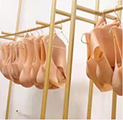













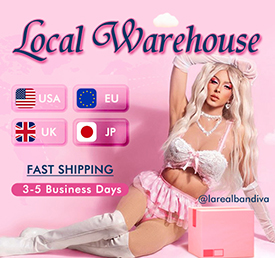







 Breast Forms
Breast Forms  Body Suit
Body Suit  Realistic Mask
Realistic Mask  Femini Girdle
Femini Girdle Hip & Butt Enhancement (8)
Hip & Butt Enhancement (8) Penis Prosthesis
Penis Prosthesis Fake Muscle
Fake Muscle Bikini
Bikini  Wig
Wig  Corsets
Corsets Course
Course service@roanyer.com
service@roanyer.com +8618652200711
+8618652200711 Facebook
Facebook YouTube
YouTube Twitter
Twitter Instagram
Instagram




